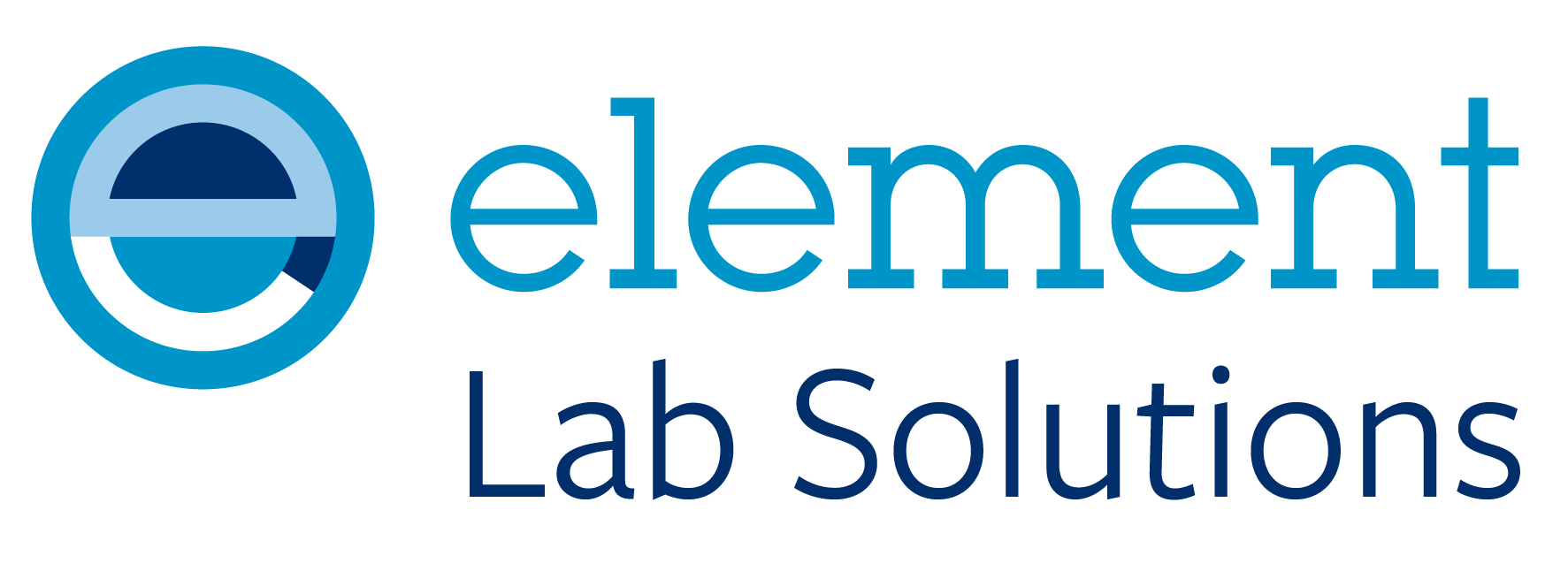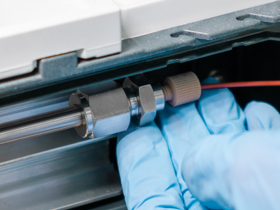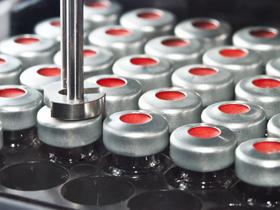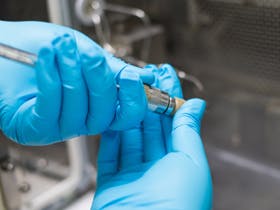ICP-MS FUNDAMENTALS TRAINING COURSE
This course provides an introduction to the fundamental concepts associated with ICP-MS. Attendees with gain useful insight into and the operating principles of ICP-MS instruments.
This comprehensive course is designed to increase expertise and optimise results for all users of ICP-MS.
Understanding sample introduction and the optimisation of instrument performance are key subjects within this course. Interactive training sessions and tutorial exercises are used to reinforce key learning points.
This course is tailored towards either the experienced user who is looking for a refresher course or new users who are looking for an introduction to the analytical technique.
ICS-MS FUNDAMENTALS COURSE DETAILS
- How the ICP source differs to other MS techniques, offering a complementary view of the chemicals being analysed
- Why ICP-MS is particularly suitable for a wide range of applications including isotope ratio studies
- How ICP-MS can be used for the analysis of ultra-trace metal elements (0.0005-100ppb)
- The essential principles of mobile phases, buffers, eluent additives, and regeneration solutions for ion chromatography
- Application of ICP-MS to non-metallic elements (e.g. S, P)s
We offer flexible delivery options for this instructor-led course:
- On-site: one full dayat your lab or a location of your choice.
-
Online: two half days.
View our online training calendar for upcoming dates.
Background knowledge of ICP-OES or mass spectrometry may be useful but not necessary, as all the essentials are covered in the course. Previous experience using ICP-MS equipment can be beneficial.
-
Introduction to IPC-MS
- What can ICP-MS do?
- Schematic designs
-
Inductively Coupled Plasmas
- Plasma formation
- Generators
- Load coils
- Torches
- Plasma configuration
-
Liquid Sample Introduction
- The cross-flow nebuliser
- The concentric nebuliser
- The Babington nebuliser
- Spray chambers
-
The Mass Spectrometer
- The vacuum and interface systems
- Ion lenses
- Photon stops
- Off-Axis deflection
- Ion lenses
- Space Charge effect
-
Mass Analysers
- Quadrupole theory
- Alternative Analysers
- Tuning and calibration/Plasma parameters
- Continuous Dynode Electron Multiplier
-
Interferences and Removal
- Polyatomic and Isobaric interferences
- Double Charge and Oxide species
- Plasma / Matrix effects
-
Interferences and Removal
- Polyatomic and Isobaric interferences
- Double Charge and Oxide species
- Plasma / Matrix effects
-
Analysis Types
- Collision / Reaction Cells
- Kinetic Energy Discrimination
- External / Internal Standards
- Isotope Dilution
- Standard Addition




